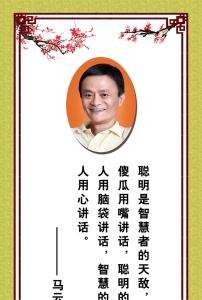2024年3月25日发(作者:保安工作总结)

名词解释
1.Romance: a long composition, in ver or in pro, describing the life and
adventures of a noble hero, especially for the knight. The most popular theme
employed was the legend of King Arthur and the round table knight.
2.Renaissance: a revival or rebirth of the artistic and scientific revival which
originated in Italy in the 14
th
century and gradually spread all over Europe. It has
two features: a thirsting curiosity for the classical literature and keen interest in
activities of humanity.
3.Sonnet: 14-line lyric poem, usually written in rhymed iambic pentameter.
4.Enlightenment: a revival of interest in the old classical works, logic, order,
restrained emotion and accuracy.
5.Neoclassicism: the Enlightenment brought about a revival of interest in
Greek and Roman works. This tendency is known as Neoclassicism.
6.Romanticism: imagination, emotion and freedom are certainly the focal
points of romanticism. The particular characteristics of the literature of
romanticism include: subjectivity and an emphasis on individualism; freedom from
rules; solitary life rather then life in society; the beliefs that imagination is superior
to reason; and love of and worship of nature.
7.Byronic Heroes: a variant of the Romantic heroes as a type of
character( enthusiasm, persistence, pursuing freedom), named after the English
Romantic Poet Gordon Byron.
8.Realism: eks to portray familiar characters, situations, and ttings in a
realistic manner. This is done primarily by using an objective narrative point of view
and through the buildup of accurate detail.
9.Aestheticism: an art movement supporting the emphasis of aesthetic
values more than socio-political themes for literature, fine art, music and other
arts.
10.Stream-of-Consciousness: it is a literary technique that prents the
thoughts and feelings of a character as they occur without any clarification by the
author. It is a narrative mode.
11.Epic: a long narrative poem telling about the deeds of a great hero and
reflecting the values of the society from which it originated.
一、The Anglo-Saxon period (449-1066)
1、这个时期的文学作品分类: pagan(异教徒) Christian(基督徒)
2、代表作: The Song of Beowulf 《贝奥武甫》 ( national epic 民族史诗 ) 采用
了隐喻手法3、Alliteration 押头韵(写作手法)

本文发布于:2024-03-25 10:52:59,感谢您对本站的认可!
本文链接:https://www.wtabcd.cn/zhishi/a/1711335180297118.html
版权声明:本站内容均来自互联网,仅供演示用,请勿用于商业和其他非法用途。如果侵犯了您的权益请与我们联系,我们将在24小时内删除。
本文word下载地址:英国文学史-名词解释.doc
本文 PDF 下载地址:英国文学史-名词解释.pdf
| 留言与评论(共有 0 条评论) |